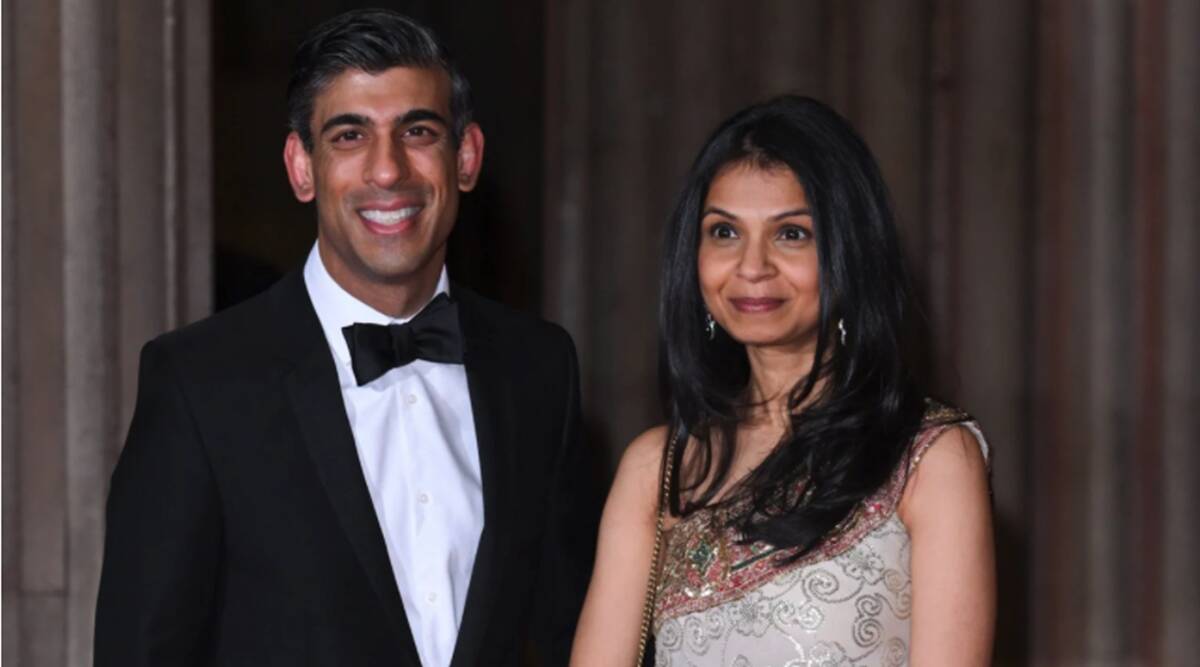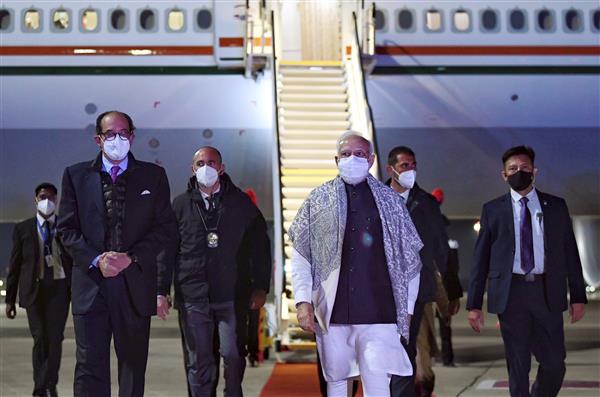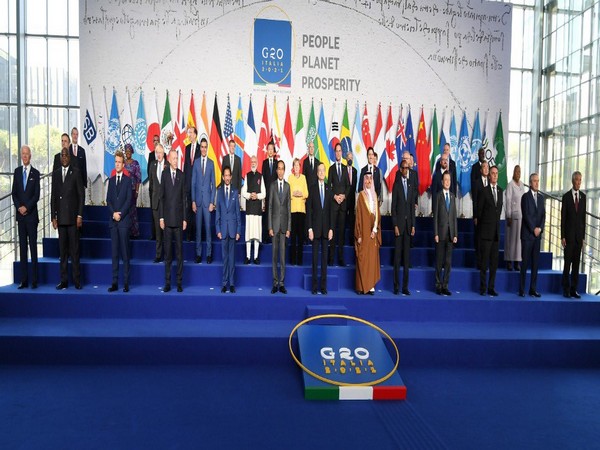
04/08/2022
London, Apr. 8: The UK Opposition has questioned the non-domicile tax status of India-born Akshata Murty, daughter of Infosys co-founder Narayana Murthy, and demanded an urgent explanation from her husband –UK chancellor Rishi sunak.
A non-domicile status means Murty, who owns shares in Infosys, is not legally bound to pay tax in the UK on income earned overseas.
A spokesperson for Murty, 42, who is a director at venture capital firm Catamaran UK, said the non-domicile status is because India does not recognise dual nationality and that the professional pays all the legally required tax in the UK.
“Akshata Murty is a citizen of India, the country of her birth and parent’s home,” the spokesperson said.
“India does not allow its citizens to hold the citizenship of another country simultaneously. So, according to British law, Ms Murty is treated as non-domiciled for UK tax purposes. She has always and will continue to pay UK taxes on all her UK income,” the spokesperson said.
British Prime Minister Boris Johnson refused to be drawn over the issue when asked to comment during a visit to a nuclear power plant for the launch of the country’s new energy strategy on Thursday.
“I think it is very important in politics if you possibly can to try and keep people’s families out of it,” said Johnson.
But Opposition Labour leader Sir Keir Starmer called the so-called “non-dom” arrangement “breathtaking hypocrisy” and insisted Johnson’s finance minister had “very serious questions to answer” about his family’s finances.
“It shows yet again that we have got a Chancellor who is completely out of touch with the struggles that so many people in this country are going through at the moment with this cost-of-living crisis,” said Starmer.
The Liberal Democrat party also demanded that Sunak “needs to come clean” about which country his family pays tax in abroad and if it is a tax haven.
The details of Murty’s tax status first emerged in ‘The Independent’ newspaper on Wednesday, just as new taxes announced by Sunak come into force for the new financial year. The Opposition Labour Party demanded an explanation if his family, currently based at 11 Downing Street, was benefitting from tax reduction schemes such as being registered as non-domiciled.
“The Chancellor has imposed tax hike after tax hike on the British people. It is staggering that — at the same time — his family may have been benefitting from tax reduction schemes,” said Tulip Siddiq, Labour’s shadow economic secretary to the Treasury.
“Rishi Sunak must now urgently explain how much he and his family have saved on their own tax bill at the same time he was putting taxes up for millions of working families,” said the British Bangladeshi minister.
Under British law, Murty — who has lived in the UK for nine years — would be automatically deemed domiciled in the UK after 15 years.
According to government sources, it is understood that Sunak declared his wife’s tax status to the Cabinet Office when he became a minister in 2018 and also as he took on his first role in the UK Treasury a year later.
The latest focus on Sunak’s wife comes in the wake of attacks last month over Infosys presence in Moscow, while the UK Chancellor imposed economic sanctions and called upon all UK businesses to end their Russian dealings over the conflict in Ukraine. In a BBC podcast last month, the 41-year-old minister had spoken out about his anger at his wife and her father being targeted.
“It’s very upsetting and, I think, wrong for people to try and come at my wife, and you know, beyond that actually, with regard to my father-in-law, for whom I have nothing but enormous pride and admiration for everything that he’s achieved. And no amount of attempted smearing is going to make me change that because he’s wonderful and has achieved a huge amount, as I said, I’m enormously proud of him,” he said.
Sunak has come under pressure in recent weeks after his mini-Budget last month was seen as not doing enough to tackle the rising cost of living crisis amid soaring energy and fuel prices amid the knock-on impacts of the pandemic and the Russia-Ukraine conflict. The British Indian finance minister has insisted that he has put in measures to help the poorest and said his job was to make the “right long-term decisions” and avoid “excessive amount of borrowing”.-Agencies






